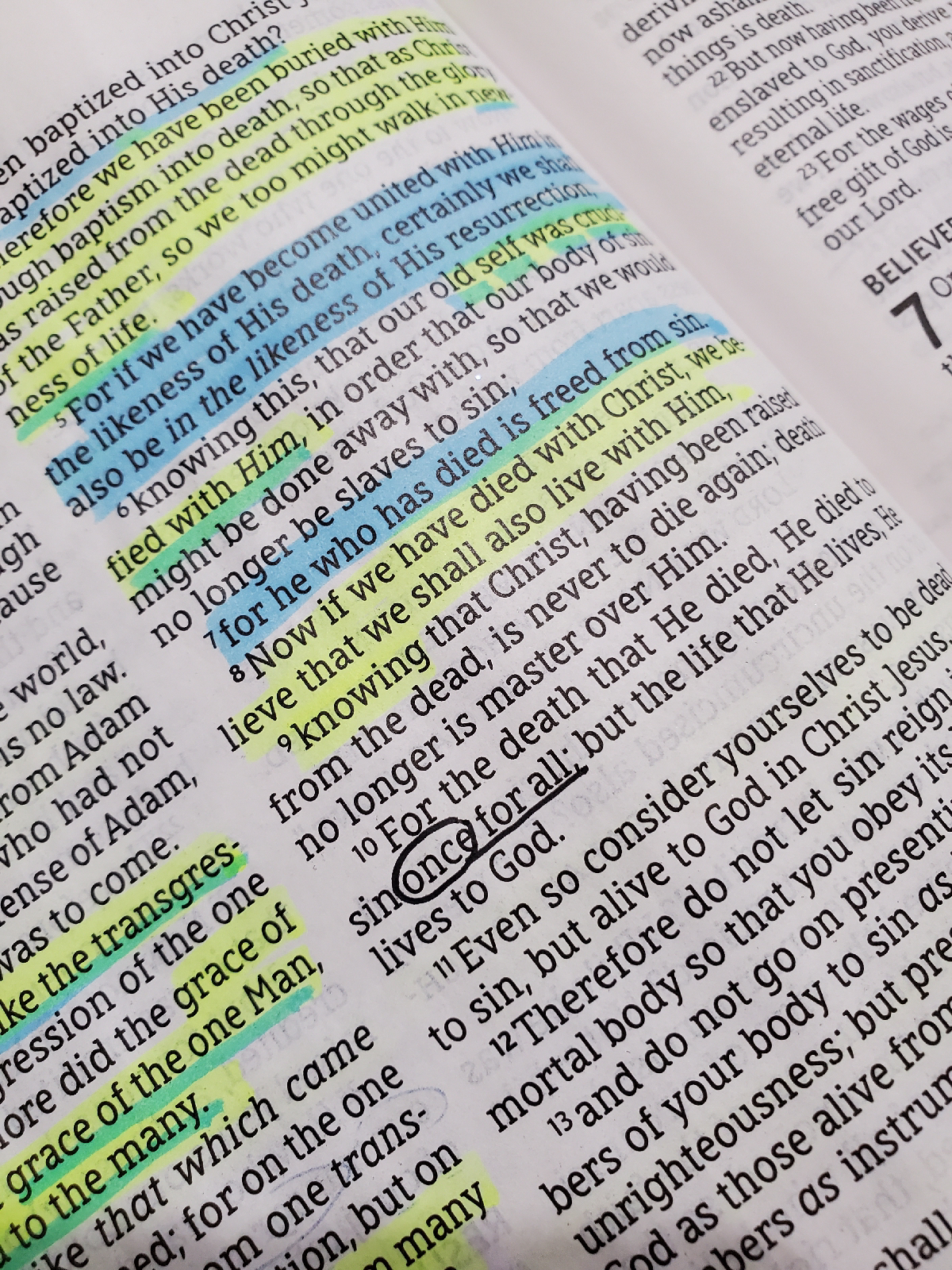What Do You See?
Sometimes, the hardest portions of Scripture to study are the ones we've had memorized since childhood. Once you see a passage a certain way, it's nearly impossible to see it any other way. Nearly.
For example, when I read about Jesus teaching in the temple, in my mind, I see a stage and an audience. Never mind that the priests hated Jesus and wanted Him silent and dead. Even though the last thing Jesus would have been granted in His time was a platform, that's still what I see.
When I read about Paul speaking to the church, or letters being read to the church, in my mind, I see buildings with carpeted altars and rows of chairs. Never mind that the early church met in homes until a politician declared it some other way a couple of hundred years after the birth of our ekklesia. Even though there is no such thing as a brick and mortar Christian church in Scripture, that's still what I see.
When I read about a tithe or giving, I see plates and buckets being passed down rows of congregants. Never mind that that there's no temple to tithe to or Levites to accept it, or that those rows and congregations didn't exist until we built them. Even though the early Believers cared for each other generously, in person, rarely needing a go-between to collect and distribute funds, that's still what I see.
When I read about sin in the New Testament, I see the 10 commandments or some of the 613 commandments given to the Jews to set Israel apart as a nation of God. Never mind that I'm not a Jew or that all those laws were given for a specific amount of time and that time has passed. Even though the sins of the New Testament all have to do with how we love and care for our ekklesia and not what kind of fabric I wear or what I do on Saturday, or that our apostles tell us that if we trust those old laws, Jesus died for nothing, that's still what I see.
THIS is why it matters that you are in ekklesia, studying the word day by day, devoting yourselves to the apostles' teaching. THIS is why it's imperative that every member functions and every person has a voice. THIS is why it's so important that we don't reduce our discipleship to hearing someone tell us what they know of the Scriptures a few times a week.
WE, together, are being built into the temple. We, together, are to live in ekklesia. We together are to discover the mysteries of the Gospel of Jesus Christ.
If the majority of your study of Scripture involves someone teaching you what it says and not a body of Believers learning, speaking and discussing together, you're in danger of believing ANYTHING someone tells you. We must trust Jesus enough to let Him teach us what His words mean. We must love each other enough to care what other people know and trust about the Scriptures. We must honor the Holy Spirit that unites us and allow the mutual encouragement of the saints.
Each person bring a hymn.
Each person bring a song.
Each person teaches.
Each person share a revelation.
Since the bulk of our New Testament involves protecting the Gospel, avoiding false teachers, dissecting false gospels and living in united community day by day with other trusters of Jesus, then personal, communal, involved study of the actual Scriptures must define our lives and relationships.
How do you study the Scriptures with your people? What do you see when you read about the life of Jesus? Who is beside you to polish your revelation and correct your assumptions? Who is your church?
Just because it's difficult to take ourselves out of the story and trust the Scriptures doesn't mean it's impossible.
I find copying the Scriptures word-for-word helps me to slow down and see all the presumptions I've inserted.
I also find a lot of life and faith in studying the Scriptures with people, not just beside people. Nearly everyday, I get to sit across from people and read the words of Jesus and our apostles and discuss what the Scriptures are teaching us. Faith grows. Errors are fixed. Beliefs are made to line up with the words of the Bible instead of how we've always been taught or what we've always done. We fight to believe truth together.
I also, because our apostles did, try to communicate the Gospel of Christ Jesus every single day. Even if it's just to myself or my husband, I try to find a way to say "The finished work of Jesus Christ makes me righteous today," or "I can look forward to being judged by God because of the perfect work of Jesus," or "I can try to do a dozen things today to feel right with God or I can trust that Jesus, in all His perfect love, has already made me right with God."
So, how do you do it? How do you study the Scriptures so that the Gospel becomes your everyday culture and not something you do?


Comments
Post a Comment